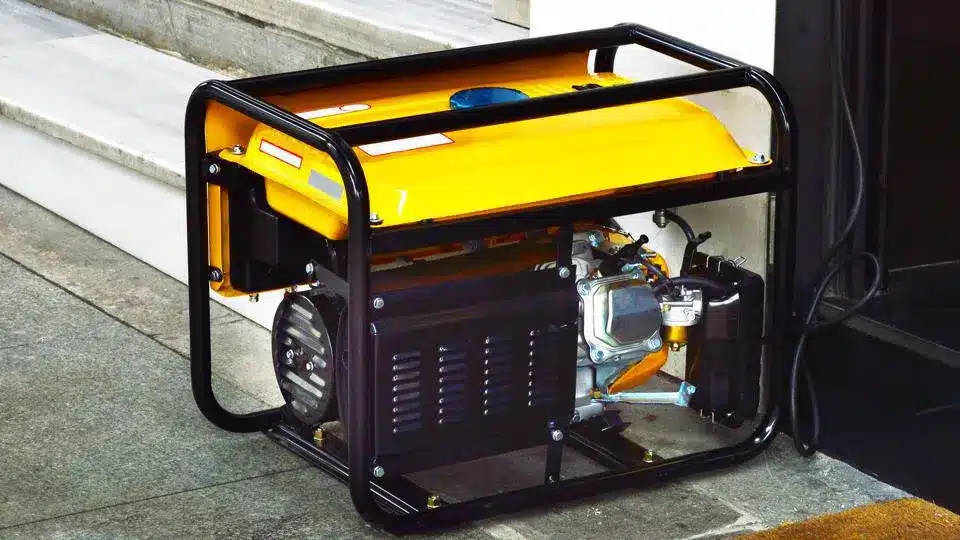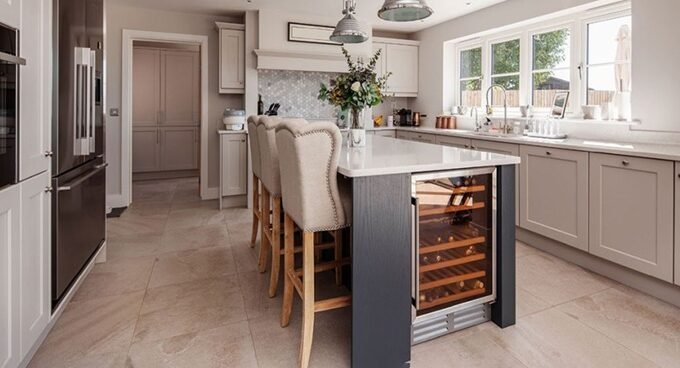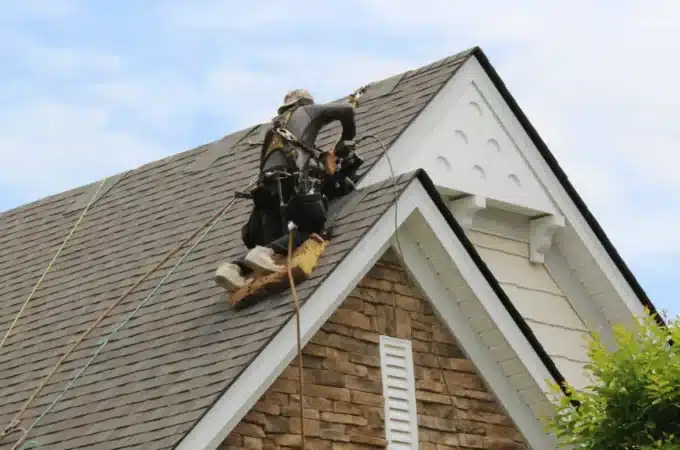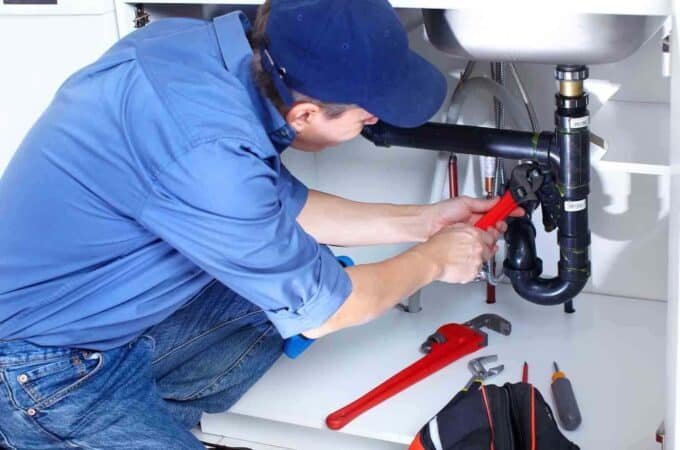
The Essentials of Choosing a Backup Generator for Your Home
In a world increasingly reliant on technology and constant connectivity, power outages can disrupt our daily lives, causing inconvenience and potential hazards. A backup generator for your home is a practical and reliable solution to ensure a continuous power supply during outages. In this article, we’ll explore the essentials of selecting a backup generator, examining their types, sizing considerations, and the benefits they bring to homeowners.
Table of Contents
ToggleUnderstanding the Types of Backup Generators:
Backup generators come in various types, each catering to specific needs and preferences. The two primary types are portable generators and standby generators.
1.Portable Generators:
Portable generators are versatile and suitable for short-term power needs. They are typically gasoline-powered and can be moved to different locations around your property. While they provide a quick solution for essential appliances during an outage, they require manual operation and fuel management.
2.Standby Generators:
Standby generators, also known as whole-house generators, are permanently installed outside your home and connected to your electrical system. They automatically turn on when a power outage is detected and can run on natural gas or propane. Standby generators offer a seamless transition to backup power, ensuring your entire home remains operational during an outage.
Key Considerations for Sizing:
Choosing the right size of the backup generator is crucial to meet your home’s power requirements adequately. The size of the generator is determined by its wattage capacity, and factors such as the size of your home and the appliances you want to power during an outage play a role.
1.Power Needs Assessment:
Conduct a thorough assessment of your home’s power needs. Identify essential appliances, lighting, heating or cooling systems, and any other devices you wish to keep running during a power outage. This assessment will help you determine the generator’s required wattage capacity.
2.Sizing for Whole-House Generators:
If opting for a standby generator, work with a professional to determine the appropriate size for your home. Whole-house generators are designed to provide enough power for your entire household, including HVAC systems and other major appliances.
Benefits of Backup Generators for Homes:
Investing in a backup generator brings several advantages that go beyond just keeping the lights on during an outage.
1.Continuous Power Supply:
The primary benefit of a backup generator is the assurance of an uninterrupted power supply. Whether it’s a short-term outage or an extended blackout, your generator ensures that essential appliances, security systems, and medical equipment stay operational.
2.Home Security:
Backup generators contribute to home security by ensuring that lighting, surveillance systems, and alarm systems remain active. This deters potential intruders and provides peace of mind during power outages.
3.Preserving Perishables:
Refrigerators and freezers are essential for preserving food, especially during extended power outages. A backup generator prevents food spoilage, saving you from significant financial losses.
4.Climate Control:
Standby generators keep your HVAC systems running, ensuring a comfortable indoor environment regardless of external weather conditions. This is particularly crucial in extreme temperatures to prevent health risks.
Installation and Maintenance:
Proper installation and regular maintenance are key factors in ensuring the reliability of your backup generator.
1.Professional Installation:
Have your backup generator installed by a licensed professional. Proper installation guarantees seamless integration with your home’s electrical system and adherence to safety standards.
2.Regular Maintenance:
Schedule regular maintenance checks for your generator, including fuel system inspections, oil changes, and battery checks. Maintenance ensures the generator is ready to perform when needed and extends its lifespan.
Conclusion:
A backup generator for your home is not just a convenience; it’s a practical investment in the safety and well-being of your household. Whether you opt for a portable generator for essential needs or a standby generator for comprehensive coverage, the key is to assess your power requirements, choose the right size, and ensure proper installation and maintenance. With a reliable backup generator in place, you can navigate power outages with confidence, ensuring that your home remains a haven of comfort and security even during unexpected disruptions.






